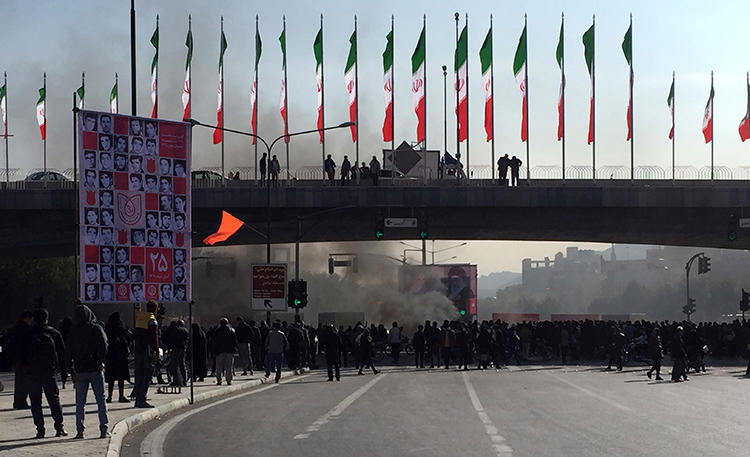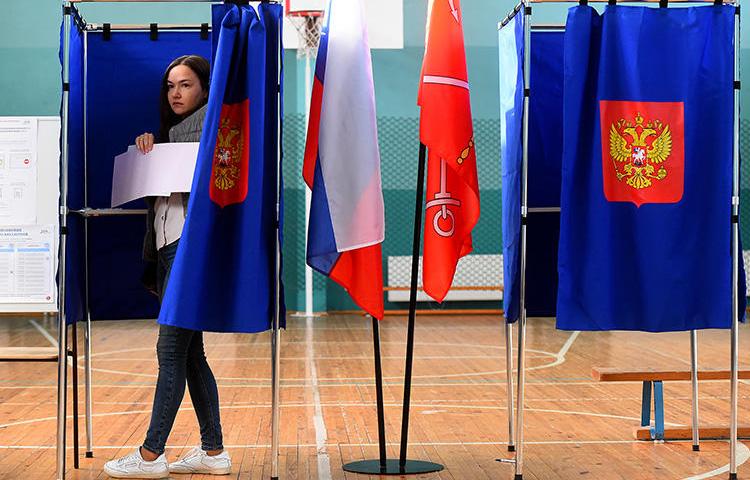
Laws, cheap web filters arm Russia to block news, says Censored Planet
When Daniil Kislov tried to view the website of Fergana from his computer in Moscow on November 1, his browser showed him the now-familiar notification that the independent news outlet he directs had been blocked by order of Roskomnadzor, the national agency that regulates the internet in Russia, he told CPJ. Fergana has been blocked…
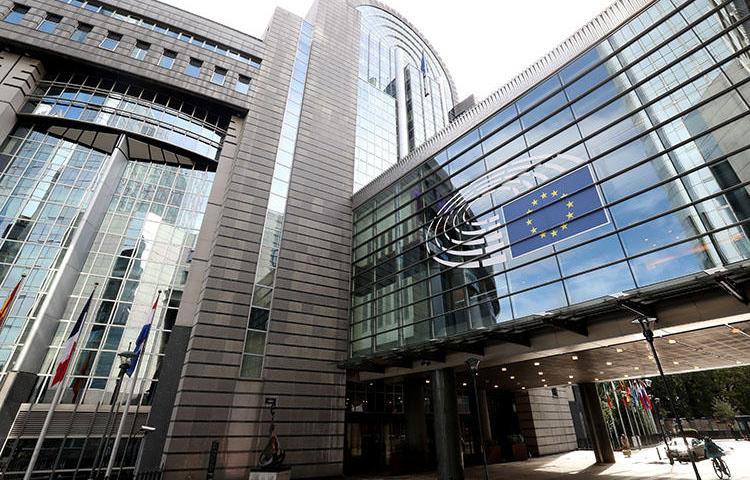
European Parliament must push for safeguards for journalists in ‘e-evidence’ proposal
Brussels, October 30, 2019—The Committee to Protect Journalists expressed concern today that a proposed European Union regulation on law enforcement access to electronic data lacks sufficient safeguards for journalists. The Regulation on European Production and Preservation Orders is known as the “e-evidence proposal.”
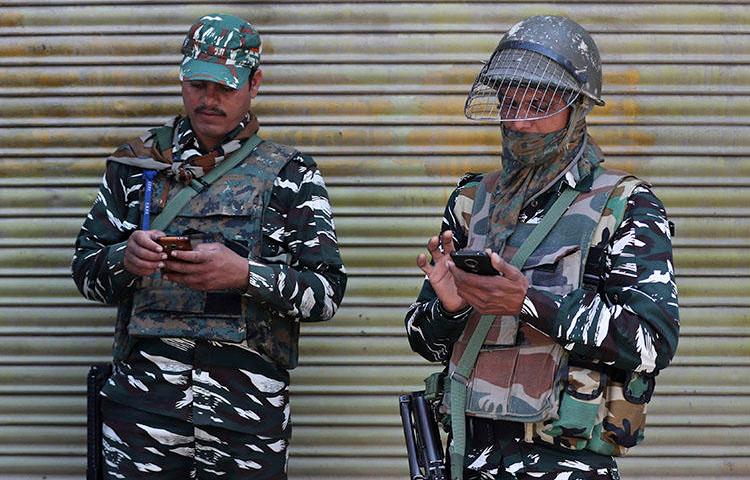
India uses opaque legal process to suppress Kashmiri journalism, commentary on Twitter
On August 10, 2018, the Indian government informed Twitter that an account belonging to Kashmir Narrator, a magazine based in Jammu and Kashmir, was breaking Indian law. The magazine had recently published a cover story on a Kashmiri militant who fought against Indian rule. By the end of the month, Indian police had arrested the…
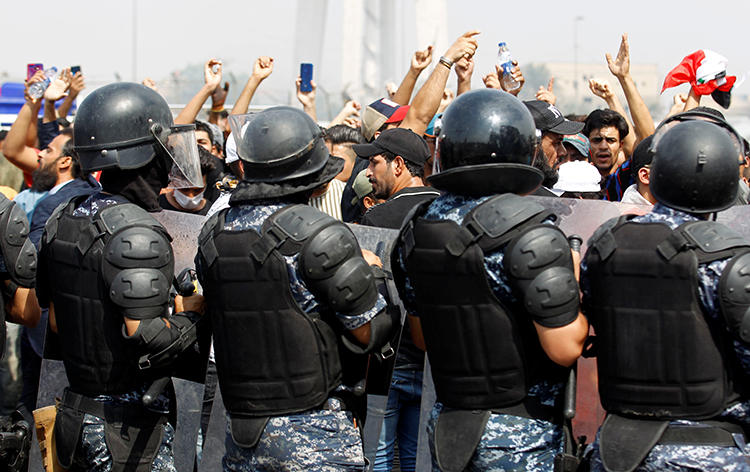
Iraqi authorities obstruct journalists, cut internet access amid protests
Beirut, October 4, 2019 — The Committee to Protect Journalists today condemned restrictions on news coverage of protests in Iraq and called on authorities to unblock news and social media websites throughout the country and let the press operate freely.
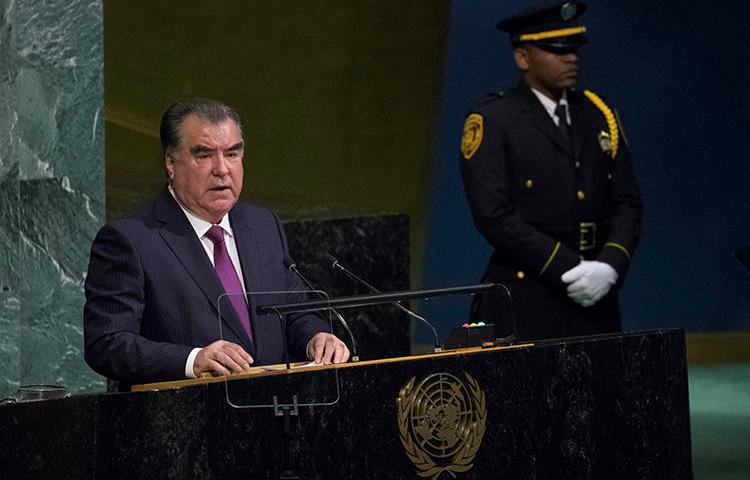
Independent Tajik news agency Asia Plus kicked offline
Washington, D.C., September 10, 2019–Websites and email addresses belonging to embattled independent news agency Asia Plus in Tajikistan have been down since August 19, according to the agency and Radio Ozodi, the Tajik-language service of the U.S. government-funded Radio Free Europe/Radio Liberty (RFE/RL).

Why newsrooms need a solution to end online harassment of reporters
Stef Schrader was on vacation in Germany last year when spam messages started to flood her inbox. Seeing random emails from Macy’s—and job alerts for the position of “Chief Idiot”—she realized someone had signed her work email up to dozens of email lists.
CPJ calls on SADC heads of state to prioritize press freedom and the safety of journalists
CPJ writes to the executive secretary and heads of state of the Southern African Development Community ahead of the 39th Ordinary Summit, urging them to prioritize press freedom and the safety of journalists in SADC.
